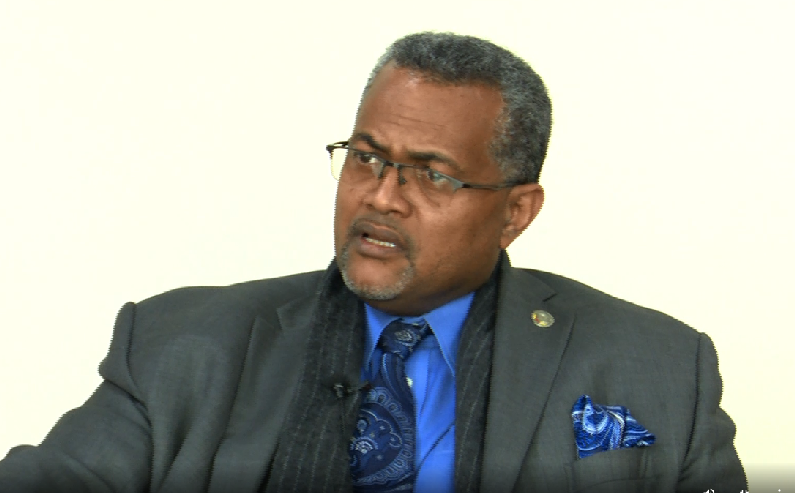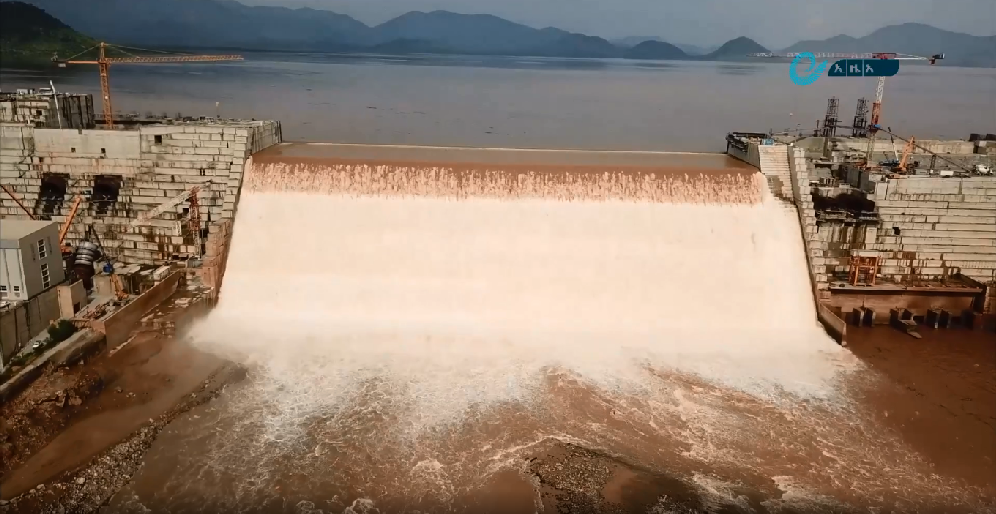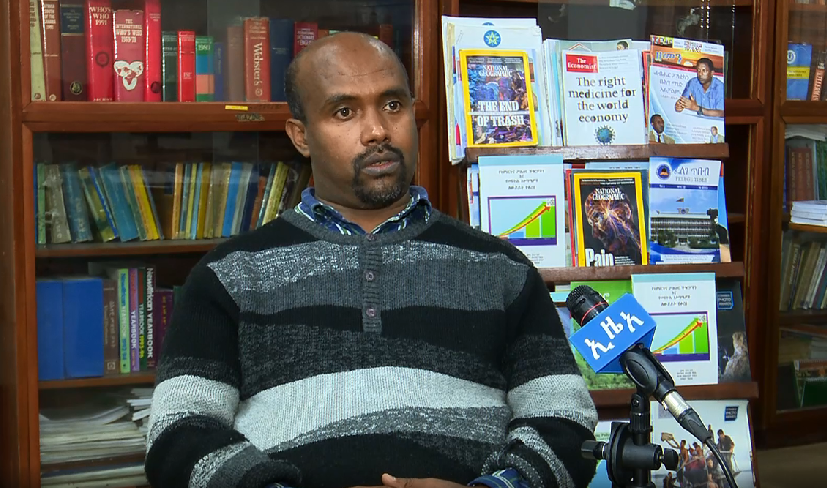Tripartite Negotiation Should Pave Way for Future Dev't in Ethiopia: Experts - ENA English
Tripartite Negotiation Should Pave Way for Future Dev't in Ethiopia: Experts

Addis Ababa, August 15/2020 (ENA) Negotiations on the Grand Ethiopian Renaissance Dam (GERD) should lay foundation for future development endeavors in the upstream country Ethiopia, experts stressed.
In an exclusive interview with ENA, Center for Dialogue, Research and Cooperation (CDRC) Executive Director Abdeta Dribssa said the major contributor country to the Nile River has the right to use it.
Recalling the successful first filling of the dam, he said “this has implications on the ground because previously both Sudan and Egypt were trying to make sure that Ethiopia would not fill the dam without the agreement of the three parties.”
Ethiopians should understand that “the negotiation in the coming weeks, months and even years would be much more challenging because facts on the ground are changing.”
The executive director noted the first stage of the negotiation has come up with the communique that outlined what should be done next, particularly on the filling and operation of the dam as well as the future developments related to the Nile waters, he explained.
Ethiopia has presented its proposal on the filling and operation of the dam, and both Sudan and Egypt have requested that they need to consult their respective capitals and come back.
According to Abdeta, “the proposal presented by Ethiopia is not new. This has been going on among the three countries. The filling has more or less a consensus. The question is Egypt and Sudan would like to control future developments of the upstream in Ethiopia. This is related to the demand to have control over what happens upstream the GERD. They want to tie the filling and operation of the dam with developments in the upstream.”

Ethiopia should have explained the fact that this is an unjustified demand as Egypt and Sudan have been using the Nile River without justifications for millennia without even thanking upstream countries that are generating the waters, the executive director noted.
He exposed that the countries are trying to bring the unjustified 1959 colonial agreement through the back door.
What Ethiopia is asking for is an internationally accepted rule of equitable share without causing significant harm to the utilization of the Nile River waters, Abdeta stressed.
The country also needs to explain to the world that GERD will not affect, in fact benefits the downstream countries.
Moreover, “it needs to be clear that the Nile is not the property of the three countries alone. There are more than 10 countries that are involved in the Nile River. You have to think in terms of the CFA agreement that was signed by most Nile riparian countries,” the executive director stated.
Ethiopian Foreign Relations Strategic Studies Institute Senior Researcher, Getachew Mekonnen said on his part the diplomatic achievement of Ethiopia for fair and reasonable utilization of Nile River began since the three countries agreed and signed the 2015 Declaration of Principle (DoP) in Khartoum.

“The negotiations were boring and exhausting. But, thanks to the commitment and patience of the Ethiopian government and negotiators, the country has now moved to a level of fair, equitable and reasonable use of the Nile River,” he added.
The senior researcher stressed that negotiations and discussions should also be held not only with the lower riparian countries but also with the upper riparian countries to ensure fair utilization of the Nile River.
Negotiations led by the African Union among Ethiopia, Egypt and Sudan over the filling and operation of the Grand Ethiopian Renaissance Dam have not yet ended.
In the meantime, the construction of GERD has now reached 75 percent, with the first phase filling 4.9 billion cubic meters of water.